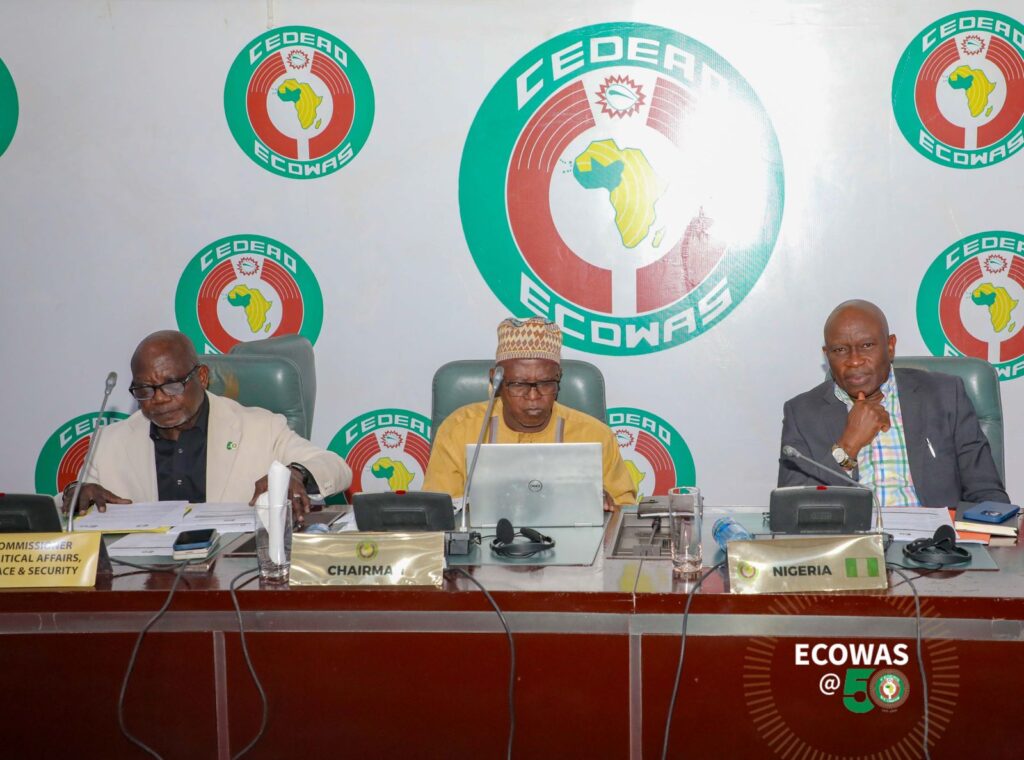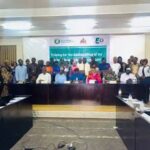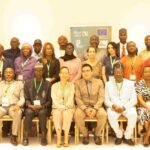Regional Security: ECOWAS Experts Convene in Abuja to Forge Sustainable Funding Plan for Regional Standby Force.
By Raymond Enoch.
In a strategic effort to reinforce regional peace and security, high-level experts from the Ministries of Finance and Defence of ECOWAS Member States have gathered at the ECOWAS Commission Headquarters in Abuja for a crucial three-day meeting, running from August 27 to 29, 2025.
The meeting is aimed at reviewing an in-depth study report on sustainable funding modalities for the ECOWAS Standby Force — the bloc’s key response mechanism against terrorism and unconstitutional changes of government across West Africa.

This expert-level engagement, convened under the auspices of the ECOWAS Commission, signals a pivotal moment in the region’s collective security trajectory. As the geopolitical landscape in West Africa continues to be shaped by rising threats of insurgency and military coups, the imperative for a well-funded and rapidly deployable regional force has never been more urgent.
The ECOWAS Standby Force, established under the ECOWAS Protocol on Mechanism for Conflict Prevention, Management, Resolution, Peacekeeping and Security, has been designed to respond swiftly to crises threatening democratic governance and regional stability. However, the challenge of consistent and adequate funding has historically impeded the full operationalization of the force.
At the heart of the Abuja meeting is a comprehensive study commissioned by the ECOWAS Commission, exploring realistic and sustainable funding mechanisms. Among the prominent proposals under consideration are reforms to the existing community levy system and strategies for settling outstanding contributions by Member States.
“This gathering reflects our collective resolve to take ownership of our security architecture,” an ECOWAS Commission official said during the closed-door session. “Peace in West Africa is a shared responsibility, and sustainable financing is the foundation on which the credibility and effectiveness of our standby force must rest.”
The study outlines several models, benchmarking best practices from other regional blocs and international institutions. These include revising the percentage structure of the community levy, streamlining collection mechanisms, and introducing enforcement protocols for defaulting Member States.
While the Standby Force is most commonly associated with military deployment, its mandate extends beyond conflict zones. The Force is also tasked with providing humanitarian assistance, supporting post-conflict reconstruction, and ensuring the smooth reinstatement of democratic institutions when disrupted.
Experts at the Abuja meeting agree that the financial underpinnings of this multifaceted mission must match its growing scope.
“Operational readiness without predictable financing is like building a fortress on sand,” one participant remarked. “We need to move from ad hoc responses to a systemized, sustainable approach — that is the only way to preserve the democratic fabric of our region.”
Although the study offers practical solutions, its implementation will hinge on the political will of ECOWAS leaders. The need for regional solidarity, transparency in financial commitments, and enforcement of agreed-upon mechanisms were recurring themes throughout Day One of deliberations.
The outcomes of the meeting are expected to feed into a broader decision-making process by the ECOWAS Authority of Heads of State and Government, with far-reaching implications for the region’s peace and security framework.
As the deliberations continue in Abuja, there is a sense of cautious optimism. Member States appear increasingly aligned on the urgency of strengthening the ECOWAS Standby Force not just in rhetoric but through actionable and sustained financing.
The Abuja meeting may not immediately resolve all challenges, but it marks a significant step forward — a reaffirmation that West Africa is determined to chart its own path toward peace, stability, and sovereign security.









